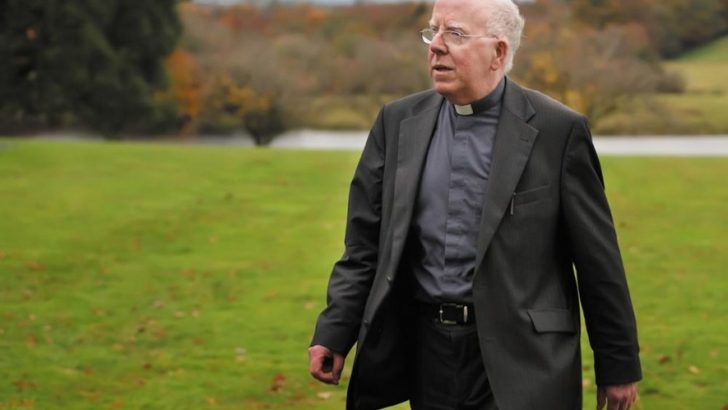Irish people should watch out for migrants being exploited in our communities, and should guard against being “insular”.
Responding to Pope Francis’ World Message of Peace and his address to diplomats connected with the Vatican this week, Bishop Denis Brennan of Ferns said Irish people know too well the realities of migrating for a better life.
The bishop, who is involved with the Santa Marta group, an alliance of bishops and police chiefs established by Pope Francis to work with civic leaders to prevent trafficking and slavery, said: “It’s very easy to see in that situation how the chances of being exploited are increased. It’s almost a blank cheque for traffickers because people are so desperate and they’re made great promises and then when they’re arrive it’s a totally different situation.”
Adding that Church leaders can do more to raise awareness of the issue, Dr Brennan said: “It’s one of those things that’s very subtle, you can find it in all aspects of Irish life. It can be in fishing, it can be in farming, in car washing, it can be in any number of areas where individuals can be taken advantage of.”
Bishop John McAreavey, Chair of the Council for Justice and Peace of the Irish Catholic Bishops’ Conference, advised that Irish people should be more alert to such problems, and warned that Ireland can sometimes have an “insular” character.
Space
“I think sometimes we say ‘well that’s their problem, they’re out there’,” he said. “When they come here and are sharing our space, our island space, I think at times we show ourselves to be quite insular.
“‘Insular’ can also mean a bit detached or a bit indifferent and I think the Pope is calling us, and I think the Gospel is calling us, to recognise this humanity of particularly the women and children who have been affected by the war in Syria.”
Despite this, the bishop praised those who have shown migrants a warm welcome, commending especially the “very impressive example” shown by the people of Ballinasloe, where many refugee and migrants have been relocated, saying that Irish people admire what has been done in terms of welcoming and integrating them.
According to the Department of Justice, 95 victims of trafficking were identified by authorities in 2016, marking a steady increase on previous years.
Services
Ruth Breslin from Ruhama, an Irish charity that provides frontline services for women involved in prostitution, said there are many more cases that are not heard about as women are “too frightened” to come forward.
“I think we would feel relatively confident that the identification of human trafficking is improving and more people are understanding this issue,” she said, adding that the charity works with An Garda in helping them recognise cases of human trafficking.


 Chai Brady
Chai Brady Bishop John McAreavey
Bishop John McAreavey 